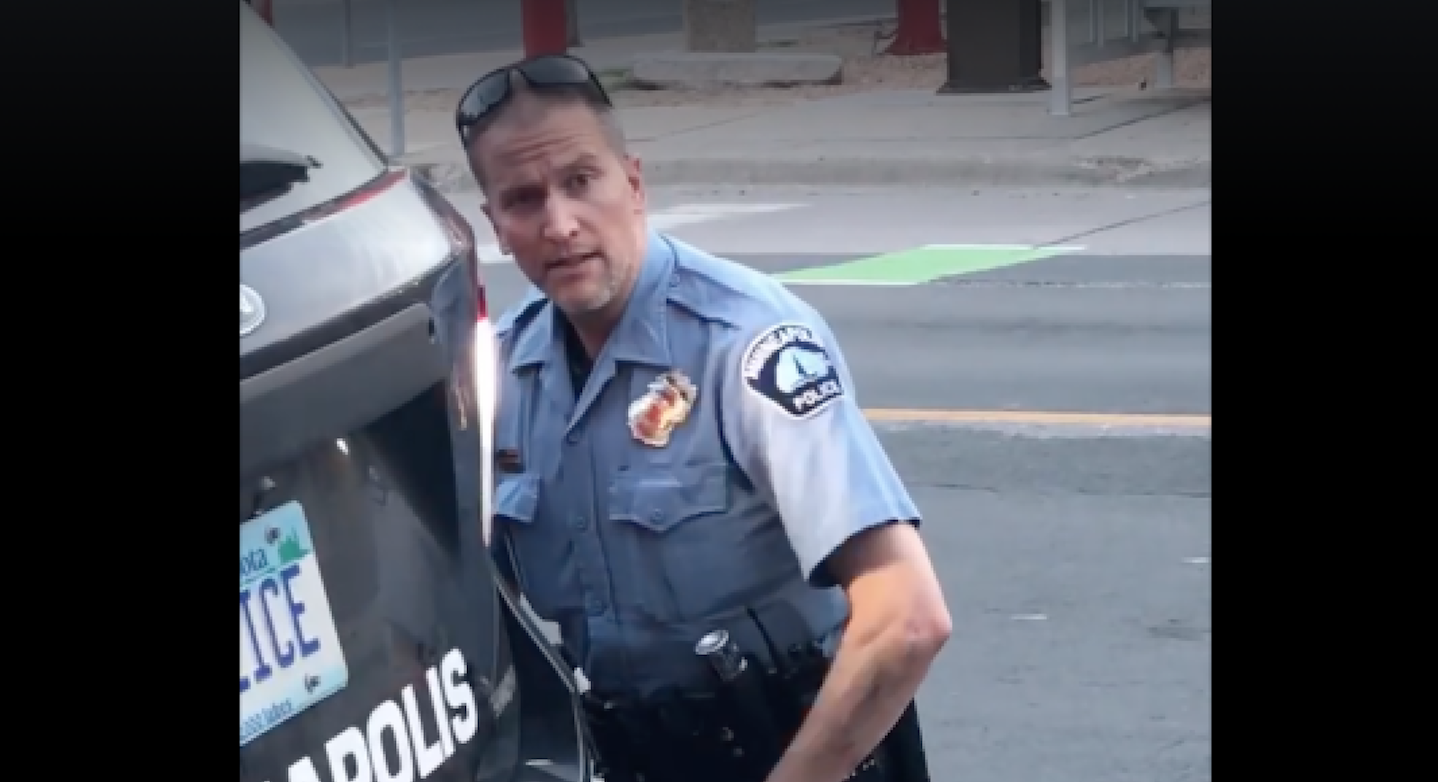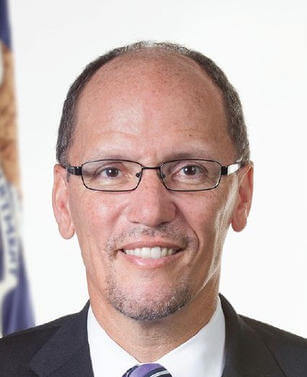
On Friday, while the Hennepin County Medical Examiner testified in a Minnesota courtroom
about his determination that George Floyd died by homicide under the knee of a police officer, Maryland Gov. Larry Hogan was vetoing landmark police reform bills passed by Maryland’s General Assembly.
To justify his actions, Hogan said the bills “would undermine the goal…of building transparent,
accountable and effective law enforcement institutions and instead further erode police morale, community relationships and public confidence.”
What the governor doesn’t understand – or refuses to see – is that trust and confidence in law enforcement has already eroded as the result of decades of unfair treatment of people of color and a systemic lack of accountability.
These truths exploded into the public consciousness last summer after Floyd’s death. But for
those of us who have spent time working to root out bad actors in police departments and
reform policing in this country, Floyd’s death was yet another stark reminder of just how deep
the problems run, and just how far we have to go to fix them.
Early in my career, I spent the better part of a decade as a career prosecutor in the Civil Rights Division at the United States Department of Justice, where I prosecuted police misconduct cases. When President Obama was elected and appointed me to lead that same division, I made systemic police reform cases – like that one that led to Baltimore City’s consent decree – a top priority. I oversaw systemic police reform cases in New Orleans, Seattle, Portland, Ore., Albuquerque and elsewhere.

Tom Perez. File photo.
I did this because I strongly believe that the role of the police in American society is critical to the effective function of our democracy, and because I know that the vast majority of police officers want to diligently and faithfully carry out their oath to serve and protect. I learned in my work that all too many departments had systemic challenges: their hiring practices were substandard; their training and use of force standards were antiquated; they did not have early warning systems in place to identify and deal with potentially problematic officers (Derek Chauvin had over two dozen uses of force prior to the George Floyd murder and inexplicably was still on the Minneapolis Police Department); their accountability systems were weak at best, and failed to give the community a meaningful role; and the failure to invest in a community mental health infrastructure often meant that officers were unfairly ill-equipped to interact with people in mental health crisis.
I all too frequently observed a toxic “us v. them” culture in police departments, and political leaders who bought into the false choice that we either side with the police or the community.
Some people, including apparently Governor Hogan, believe we can have effective, accountable, Constitutional policing that protects the civil rights of individuals, or we can have safe communities, but we can’t have both. This is a false choice.
What I learned prosecuting officers in Los Angeles in the days before Rodney King, and working with local leaders and law enforcement officials across the country to address systemic policing issues decades later, is that accountable, Constitutional policing and safe communities are inextricably intertwined.
Safe communities flow from positive relationships between those communities and their law
enforcement officers. A police officer’s most important tool is not a gun or radio – it is the trust of the people they serve.
Building trust means investing in best-practice hiring, training, early warning systems, use of
force standards and meaningful accountability. It means building a community mental health
infrastructure, and also investing in the mental health needs of officers, who work in very
stressful circumstances. It means putting rules in place that will allow people to feel that a
police officer on their street or at their door is there to protect them, and not to do them harm.
It means ensuring members of the community can feel confident that officers who violate those rules will be held accountable.
Members of the Maryland General Assembly recognized that last summer’s protests were a call to action, and that as elected leaders, they had a responsibility to act. They passed
groundbreaking legislation that has the potential to transform policing in Maryland and address longstanding, deeply rooted trust gaps that have catastrophic consequences.
Our legislative leaders presented Governor Hogan with an opportunity to show that he
understands how communities of color have been devastated by unaccountable policing, and to demonstrate strong leadership by signing the bills that would begin the long process of
addressing that devastation. Instead, he bought into the false choice that one either is on the
side of the police, or the community.
The courageous Democrats and advocates who brought about the passage of these far-reaching measures understand that these measures will help restore public confidence in law
enforcement, and will make an officer’s job easier and more fulfilling, because they will work
together with the community. We can restore public faith in law enforcement. We can reduce
crime while respecting the Constitution. I know this because I have seen it done across the
country, and I participated in these reform efforts. It does not happen overnight and is not easy.
The bills passed by the lawmakers and regrettably vetoed by Governor Hogan are an essential part of the reform movement.
I applaud our Democratic lawmakers who overrode his vetoes, and placed Maryland at the forefront of effective, constitutional policing.
— TOM PEREZ
The writer, the former chairman of the Democratic National Committee, served as U.S. and Maryland Labor secretary, was Assistant Attorney General for Civil Rights during the Obama administration, and served in the Civil Rights Division of the U.S. Justice Department from 1989 to 1999.




 Creative Commons Attribution
Creative Commons Attribution